Can odd socks become a start-up? Yes, they can
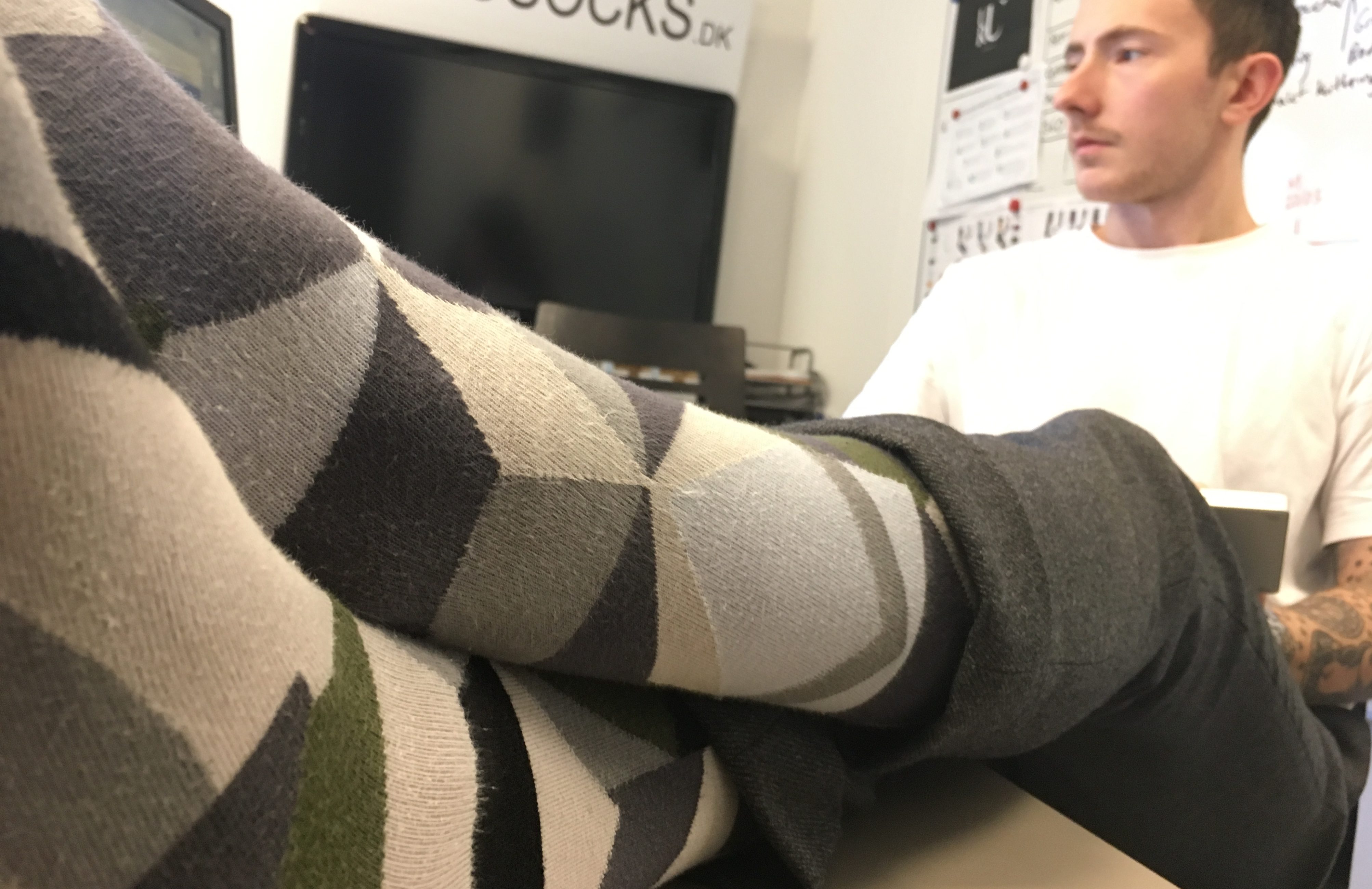
Alex Morabbi Wulsch putting up his feet while working the Kickstarter campaign (Photo: David Fulop)
Alexander Morabbi Wulsch, CBS student and founder of URU Design, grew up in a household where the laundry machine was always buzzing and pairing socks became a daunting task. That's why the family came up with the idea of SOLOSOCKS. Since then, the idea has turned into a business with several employees, a successful crowdfunding campaign, and a new office in Germany. The CBS student shares his thoughts on what he learns in school and how it is woven into the sock start-up.
Growing up in a household of three siblings and two parents meant that there were always a bunch of single socks that simply could not be paired. It really bothered the family that they had to constantly throw out bags of those “lonely socks”. That’s why Alexander Morabbi came up with the idea for SOLOSOCKS, a package consisting of seven thematically designed single socks. With these socks, there is no such thing as pairs.
The idea seems to be a working concept as URU Design has had a successful crowdfunding campaign raising DKK 280,000, opened an office in Denmark and Germany, joined CSE, and is in the middle of a Kickstarter campaign which will end soon.
But the success of the company has more than meets the eye. Alexander Morabbi Wulsch is challenging the notion that you are not able to learn entrepreneurship in school by applying what he learns at CBS into the everyday workings of his company, URU Design.
University doesn’t prepare you for the ruthlessness of business
Alexander Morabbi Wulsch, CBS student, URU Design
Connect the dots
DF: A lot of start-up founders say that you cannot learn entrepreneurship in school. But you seem to be challenging that status quo and have been actively implementing what you learn into your business. How have your studies been relevant?
AMW: For me, it’s been very relevant and beneficial to study while I’m running a business because I’ve been smart about it. You have to take advantage of what you’re given and avoid thinking that it’s a big waste of time. Take the time to actually look through and selectively choose what you can use in your business.
That being said, there are some things that you can never learn in school and are much better to learn by being an entrepreneur and by actually doing hands-on business.
DF: So, let’s get straight into it, how do you disseminate the good from the bad, the useful from the useless?
AMW: Whenever you’re studying a course while running a company, it is easy to distinguish the things that are useful to you from the ones that are not. Then you can focus on those, and that’s what I’ve done.
It’s all about sitting down at the beginning of the course and going through the course plan, highlighting what’s relevant to you, and then really focusing on those areas. Just as if you were doing an exam, and finding out what you’re going to be writing about.
University is about discovering what specifically you are interested in and then focusing on that. Not just trying to learn whatever is thrown at you, because most of that is useless if you’re in a specific industry or business.
There are things that I’ve regretted spending time on learning, but there will always be things like that.
For example, when I was studying corporate finance, I immediately went to financial planning, because that was relevant to me.
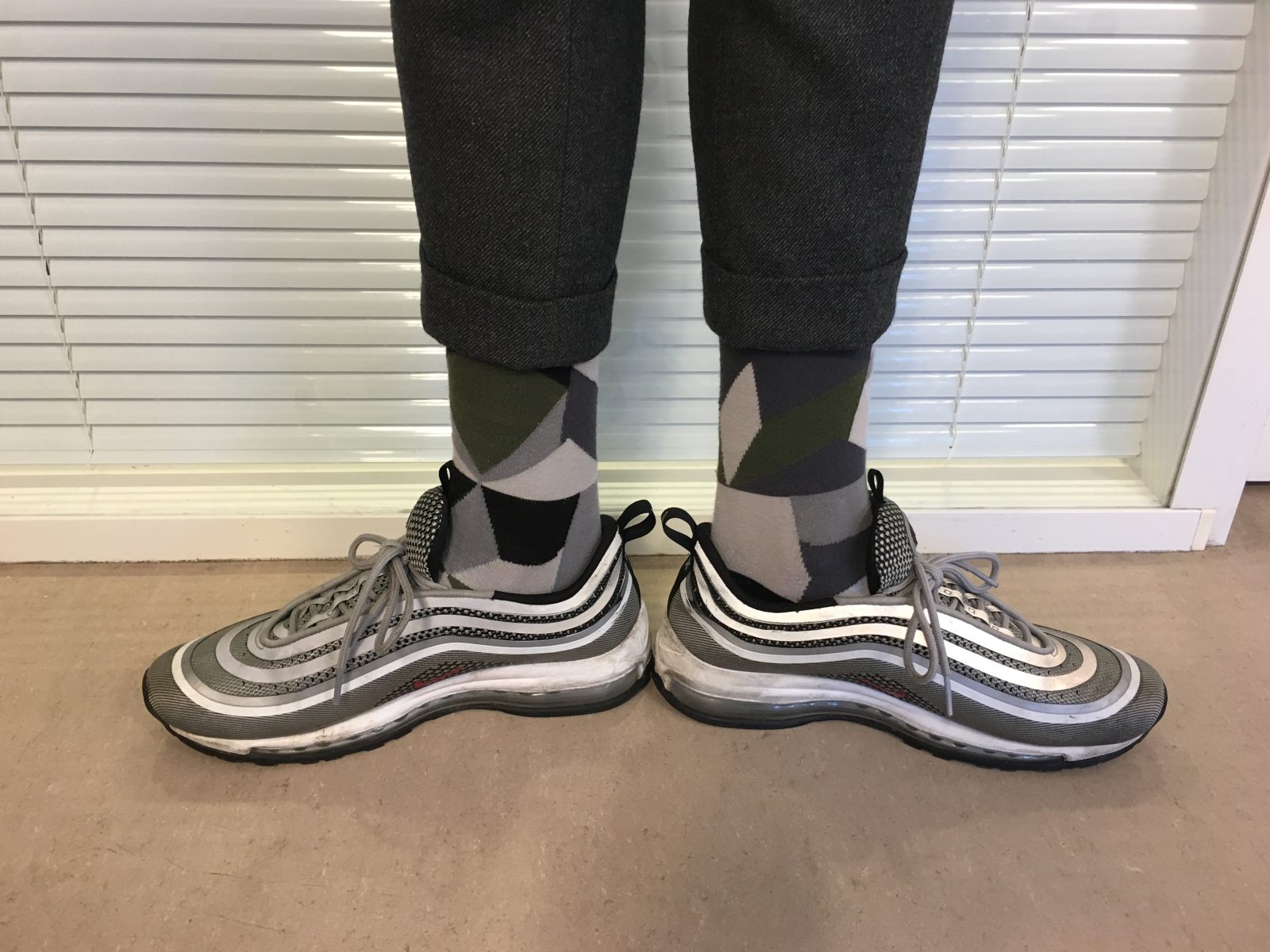
getting the right fit
DF: You mentioned that you used corporate finance in your business, how have you used?
AMW: Corporate finance has definitely been the most important course for me. I was taking the course at the time when URU was looking for external investors so that we could get some equity investment.
The course helped me with creating a business plan and preparing the budget because the investors needed financial plans. All of the knowledge I needed was in the course. Although, I did have to draw a lot of knowledge from higher levels of corporate finance as well
Doing a discounted cash flow analysis, and some other financial calculations are something that you actually do need in the business world. It’s not some theory or idea that someone put in a book.
We did a very thorough, precise, extensive business plan with capital budgeting and an investment financial plan for the investors we were talking to, and they were very impressed with it. Basically, everything I used in those, I took from that class and I talked a lot to my lecturer who helped me a lot in creating it.
Finance is really one of those areas where you can impress people if you’re still in school because you’re bringing the newest of the knowledge to the table when you’re talking to investors.
DF: Have you used any other topics in your business?
AMW: Not far back I had a course in Organization and Corporate Communication. At URU Design we had to go through changes in the ownership structure and restructure the organization because we established another company in Germany and we had to figure out how to structure that.
Which company should own which. How to create a holding company and transfer funds between the two companies in the most efficient way.
But the communication part was also important because we are a company that works a lot with design.
You have to take advantage of what you're given and avoid thinking that it’s a big waste of time.
Alexander Morabbi Wulsch, CBS Student, URU Design
Holes in the socks
DF: What about for growth, have you managed to use anything from what you learned in school to help the business expand or grow?
AMW: It’s really difficult to learn certain subject matter that helps your business grow or expand, but you learn a lot of practical stuff in terms of administration and the accounting.
When people talk about growth, it is generally based on sales, and that is a topic that is not easily taught in school and that is one of the reasons that entrepreneurs say that there are things that you cannot learn in school. A lot of social skills and hands-on marketing experience is not something you get in school.
But for me, learning marketing at CBS has helped URU Design to strategize better, reposition our brand, and think about branding in a way that has helped us create some growth. Taking the basic theories that we would have never normally thought about and applying it to the brand.
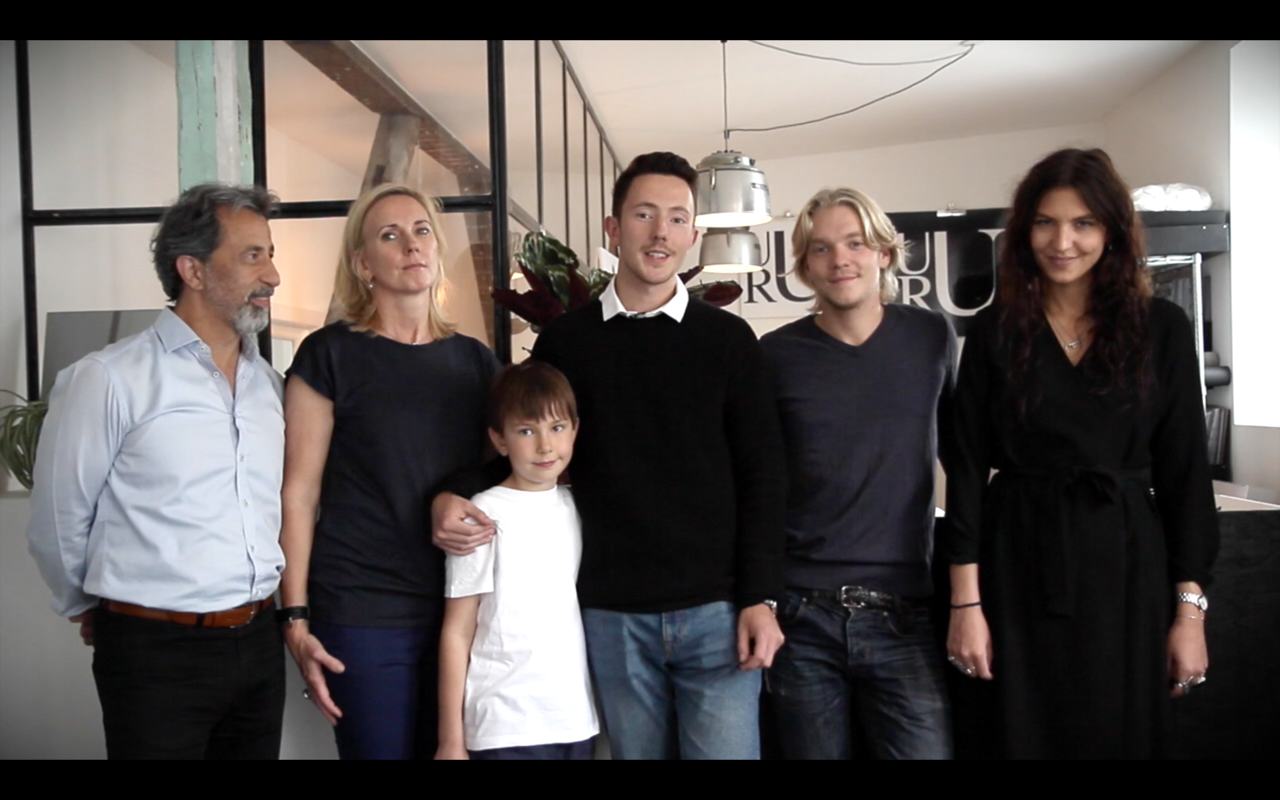
Pulling up your business socks
DF: You mentioned strategy, would you say that studying at a business school has taught you to be more strategic in your business endeavors?
AMW: Getting an education in itself requires a lot of strategy because you are planning for the future and that is what strategy is all about. Also, in terms of choosing what you need to learn and what you’re going to apply is also strategy, planning out a strategy for your own education.
Running a business and being a CEO is basically strategy. It’s all about planning and positioning and always being ahead. It’s basically a game of chess.
DF: Earlier you mentioned that URU Design used corporate finance to pitch to investors, did you manage to find any?
AMW: We pitched to several investors and once we went all the way to the point where we had the lawyers ready to sign the documents and everything. But then they pulled the plug in the last minute. We spent hundreds and hundreds of hours negotiating with them.
It’s something you’ll never learn in school. It’s often the social problems that arise in business, the human to human connection that you don’t learn about in school. It becomes very black and white, it becomes a lot of theory in the end. And it doesn’t prepare you for the ruthlessness of business.



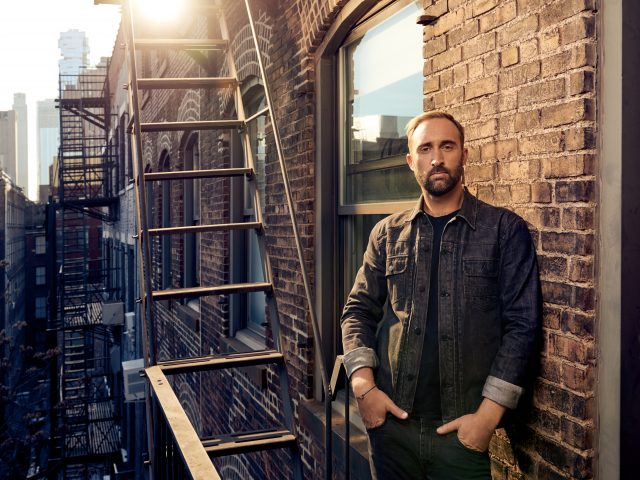
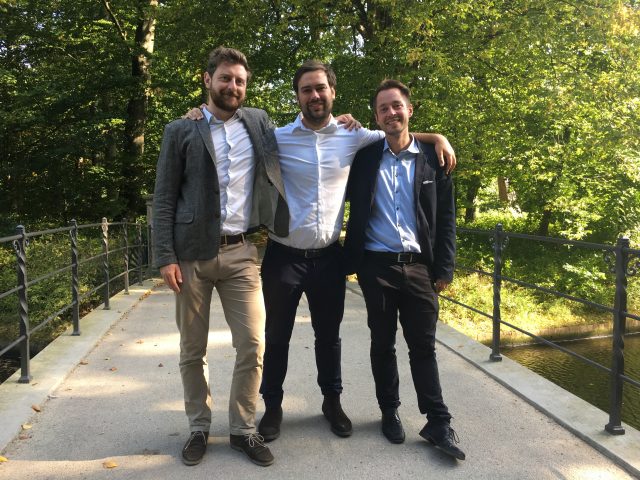
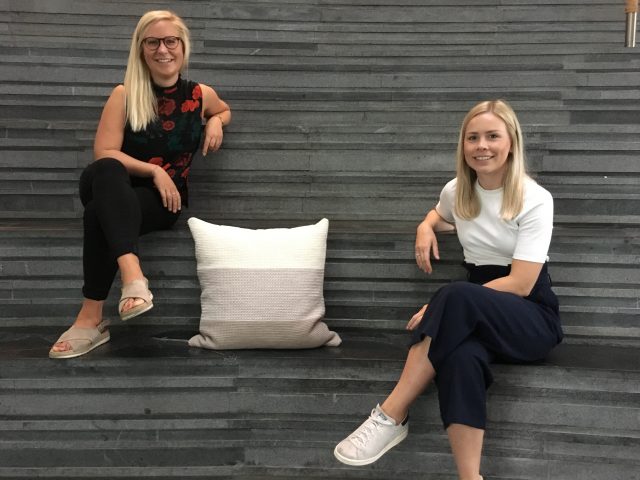
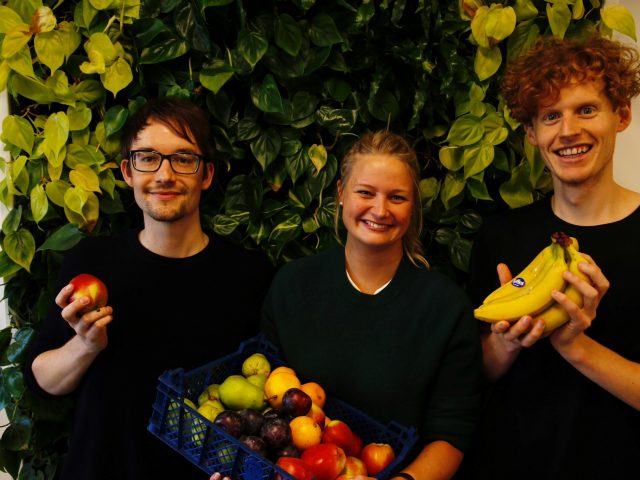
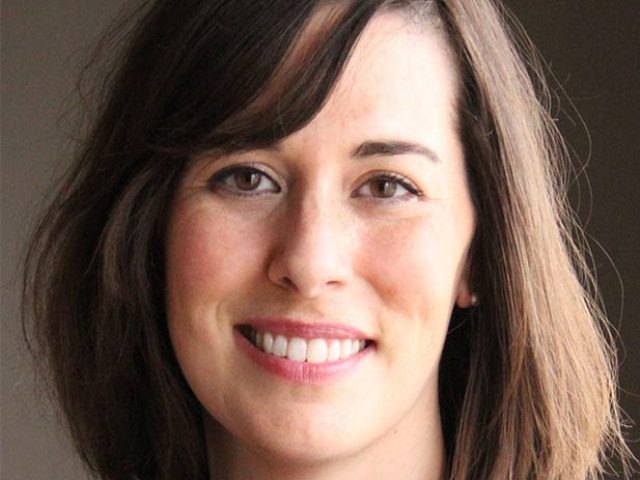




























































































































Comments